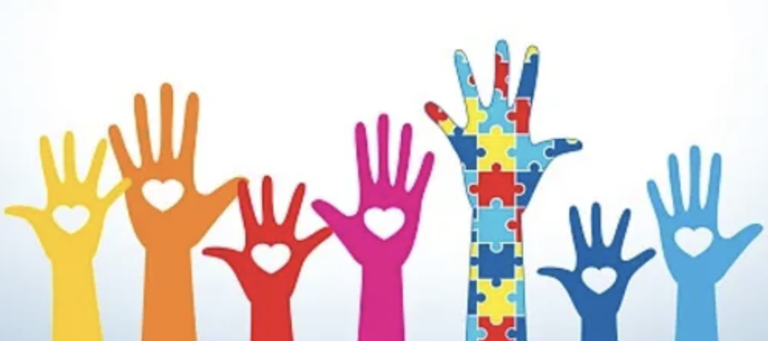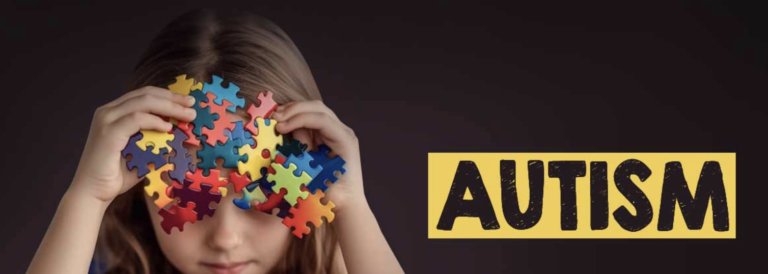Image from expressable
Autism, or Autism Spectrum Disorder (ASD), is a complex neurodevelopmental condition that affects how a person communicates, interacts with others, and experiences the world. Unfortunately, there are many misconceptions and myths surrounding autism that can lead to misunderstandings and stigma. In this article, we will debunk some of the common misconceptions about autism and provide valuable insights into this often misunderstood condition.
Myth 1: People with Autism Lack Empathy
One of the most pervasive myths about autism is that individuals with autism lack empathy. In reality, people with autism can experience and express empathy in their own unique ways. Research has shown that individuals with autism may have difficulty recognizing and interpreting social cues, which can sometimes be mistaken for a lack of empathy. However, this does not mean that they are incapable of feeling empathy towards others.
Myth 2: All Individuals with Autism Have Savant Abilities
Another common misconception is that all individuals with autism have extraordinary savant abilities, such as exceptional mathematical or artistic skills. While some individuals with autism may possess savant abilities, the majority do not. Autism is a spectrum disorder, meaning that each individual with autism is unique and may have a wide range of abilities and challenges.
Myth 3: Autism is Caused by Bad Parenting
There is a harmful myth that suggests that autism is caused by bad parenting or neglect. This misconception has been debunked by numerous studies that have shown that autism is a complex condition with genetic and environmental factors at play. Blaming parents for their child’s autism only adds to the stigma surrounding the condition and can prevent families from seeking the support and resources they need.
Myth 4: Individuals with Autism Cannot Lead Independent Lives
Contrary to popular belief, many individuals with autism can lead independent and fulfilling lives with the right support and accommodations. With early intervention, therapy, and access to appropriate services, individuals with autism can develop important life skills and achieve their full potential. It is important to recognise the strengths and abilities of individuals with autism and provide them with the necessary support to thrive.
It is crucial to debunk common misconceptions about autism in order to promote understanding, acceptance, and inclusion for individuals with autism. By challenging these myths and stereotypes, we can create a more supportive and inclusive society for people with autism. Remember, autism is a spectrum disorder, and each individual with autism is unique. Let’s celebrate their diversity and empower them to reach their full potential.
































+ There are no comments
Add yours